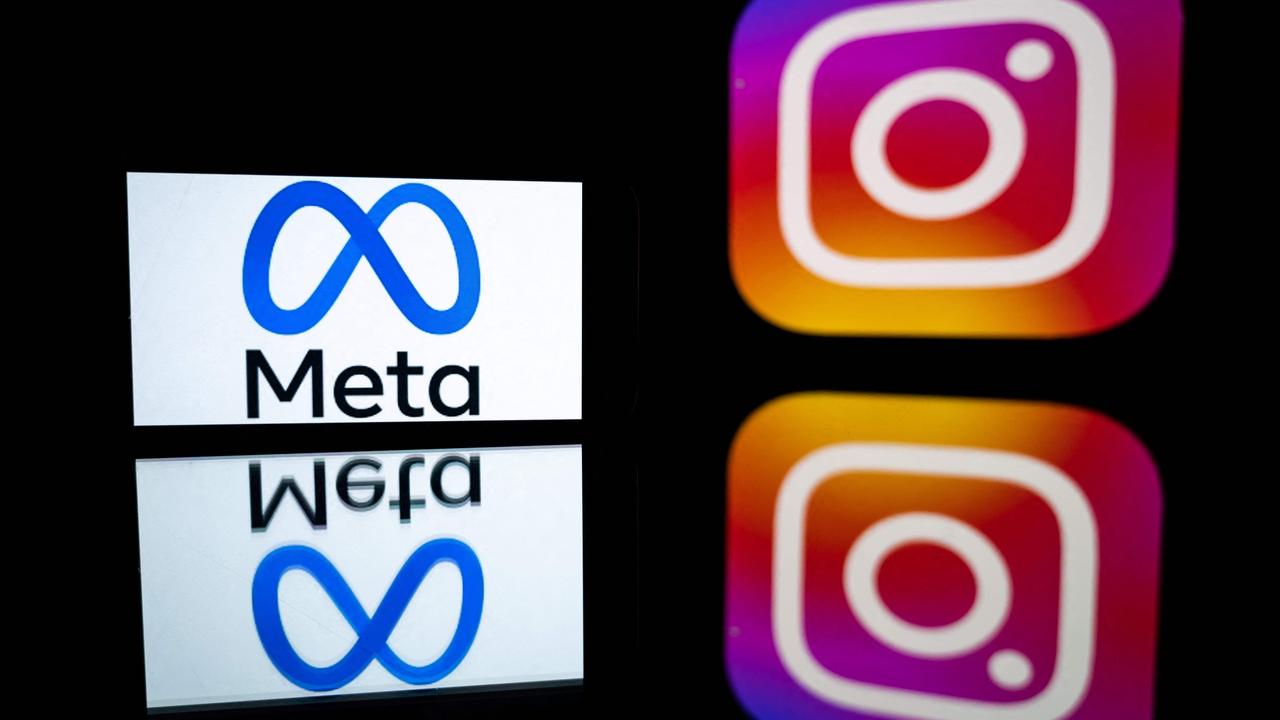Facebook’s major move to combat scams with Fraud Intelligence Reciprocal Exchange
Facebook has unveiled a new initiative which it hopes will put a “big dent” in the number of scams that are costing Aussies millions.

Social media giant Meta is making a major move to rein in widespread scams on Facebook.
Scams have been a growing problem on social media platforms in Australia, costing Aussies at least $93.5 million each year, according to the Australian Competition & Consumer Commission (ACCC).
Meta’s new initiative has been dubbed FIRE (Fraud Intelligence Reciprocal Exchange) and is the result of a partnership between Meta and the Australian Financial Crimes Exchange (AFCX).
The AFCX is an industry group, comprised mostly of banks, set up to deal with financial cybercrime.
FIRE is a new dedicated scam reporting channel between Meta and major Australian financial institutions.
The channel allows for banks to share information about known scams with Meta, with the company using that information to investigate and remove scams from platforms including Facebook.

How will FIRE work
The FIRE team will be staffed by Meta employees and is funded by Meta.
When a potential scam is identified, which could take the form of a URL, Meta will firstly investigate to see if it violates its policies.
If it turns out to be a fake account or a scam, in most cases Meta will remove that account.
The FIRE team could also take additional steps. For example if the scam directs users to a malicious website, the web domain could be blocked from being shared on Meta platforms.
Feedback may also be shared with Meta’s partners.
Meta says a pilot program started in April this year and received 102 reports resulting in more than 9000 pages and 8000 celeb-bait scams being removed.
The celeb-bait scam is a tactic used by scammers to fraudulently use images of Australian celebrities and businesspeople like TV host Karl Stefanovic and billionaire Andrew Forrest to promote their schemes.
Facebook has identified broad categories of scams that are deployed on the social media site including those relating to investments, romance, jobs, lotteries, loans, donations, inheritance, commerce and paid subscription services.

‘Responsibility to counter scams’
David Agranovich, Policy Director, Global Threat Disruption at Meta said: “Meta has an important responsibility to counter scams that target Australians on our apps.
“In addition to investing in our own tools and technology we are working with government and industry partners to fight this scourge. Scams often cut across multiple industries, and the AFCX have been an invaluable partner to help identify and take action against scams targeting Australians.”
In response to a question from news.com.au, Mr Agranovich said he hoped the new initiative would make a “big dent” in the number of scams targeting Australians and that “reciprocal signal sharing” would allow Meta to scale its detection programs.
Meta says it invested $7.22 billion ($US5 billion) to combat scams last year and removed 1.2 billion fake accounts and 322 million pieces of spam content from Facebook.

In July, Meta removed 63,000 Instagram accounts linked to Nigeria that were operating sextortion scams.
Sexual extortion, or sextortion, is a scam that often involves tricking men into sending nude images of themselves, with the scammer then blackmailing the victim. It has resulted in tragic outcomes such as the death of American teen Jordan DeMay.
Meta’s new initiative comes as the Australian Government looks to introduce new mandatory industry codes that will force social media companies and banks to fight scammers.
The proposed codes may require companies to develop anti-scam strategies, block scammers from interacting with consumers, and share information with regulators. Firms could also be required to make available to users appropriate reporting mechanisms and take “reasonable steps” to prevent further loss.
A failure to comply with the codes could result in fines and victim compensation.
Scamwatch, which is part of the National Anti-Scam Centre and run by the ACCC, provides resources on how people can identify and avoid scams.
Originally published as Facebook’s major move to combat scams with Fraud Intelligence Reciprocal Exchange





